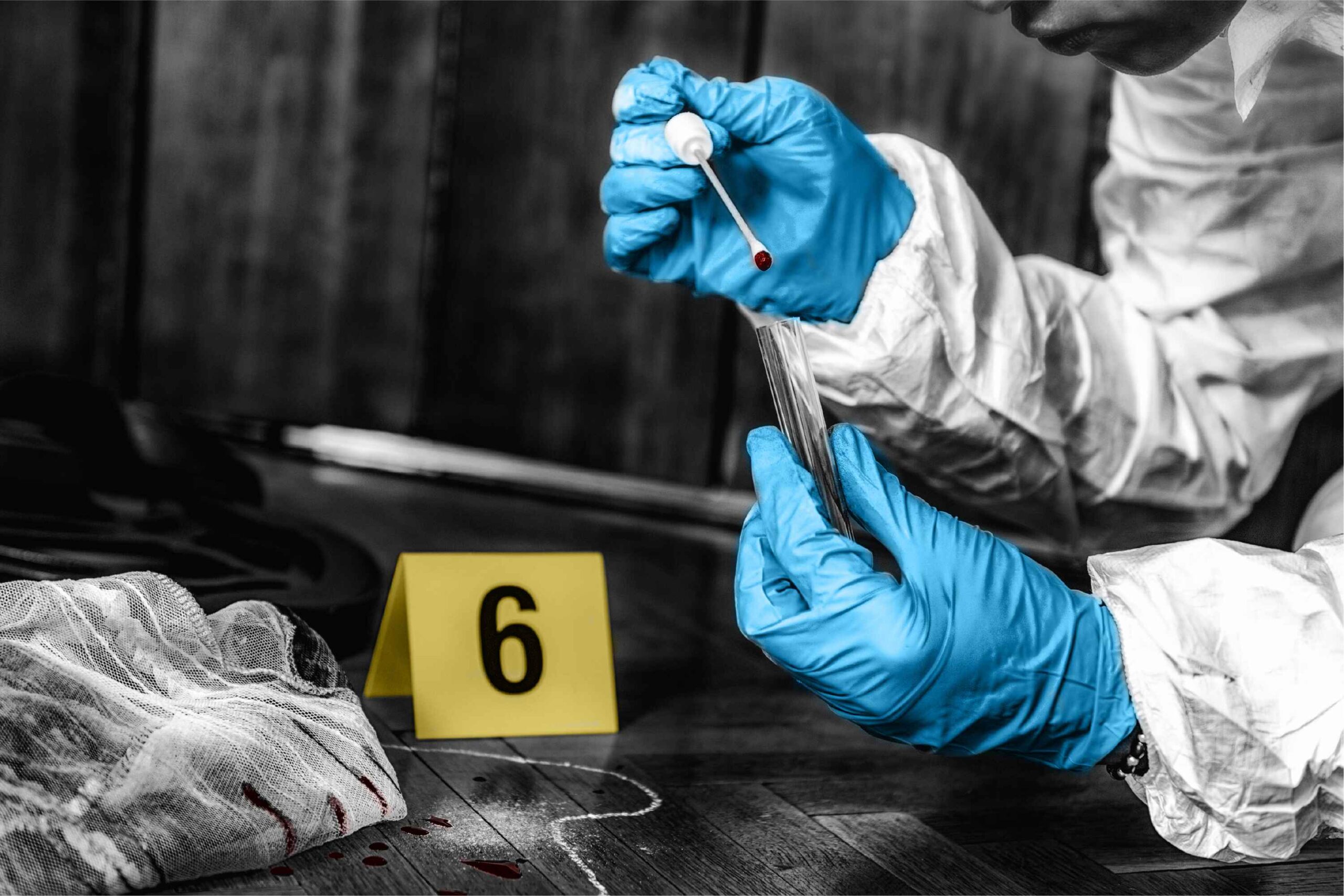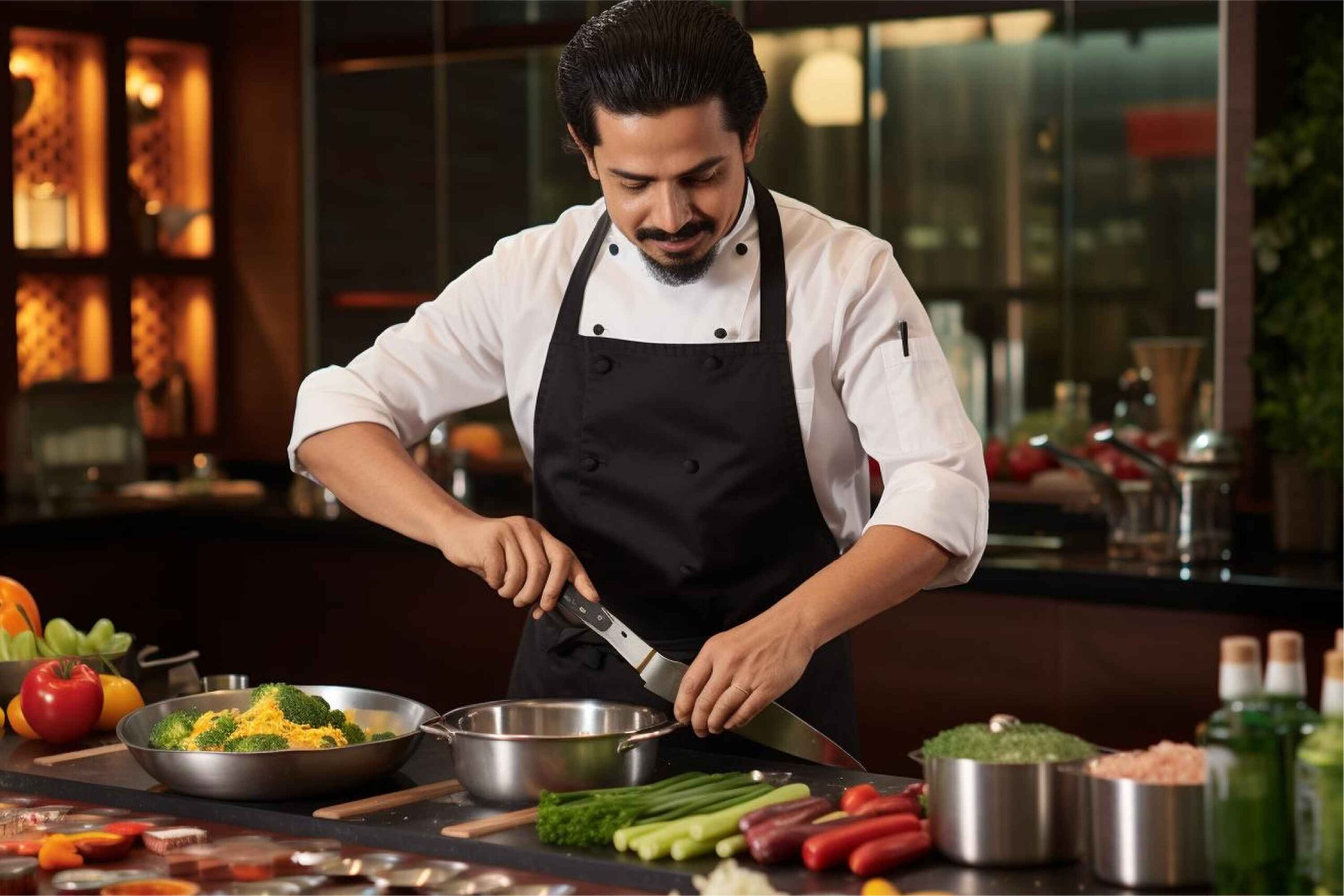🏆Prize pool – 1.85 LAKHs
The National Youth Parliament at Grafest 2025 is an exhilarating platform for young minds to engage in dynamic discussions, debate pressing national and global issues, and propose innovative solutions. This event is designed to cultivate leadership, critical thinking, and policy-making skills among students who aspire to make an impact on society. Participants will step into the shoes of policymakers, legislators, and thought leaders, deliberating on contemporary topics ranging from governance and economy to social justice and international relations. With structured parliamentary procedures, moderated discussions, and the opportunity to present resolutions, this competition promises an intellectually stimulating experience.
Rewards and cash prizes :
LOK SABHA
• Best Parliamentary – 20K
• High Commendation – 10K
• Special Mention – 5K
AILM
• Best Parliamentary – 20K
• High Commendation – 10K
• Special Mention – 5K
UNGA DISEC
• Best Parliamentary – 20K
• High Commendation – 10K
• Special Mention – 5K
UNHRC
• Best Parliamentary – 20K
• High Commendation – 10K
• Special Mention – 5K
IP –
JOURNALISM
• Best Journalist – 10K
• High Commendation – 5K
PHOTOGRAPHY
• Best Photographer – 10K
• High Commendation – 5K
CARICATURE
• Best Caricature – 10K
• High Commendation – 5K
General Rules:
- Each participant must adhere to parliamentary decorum and maintain respect for all members.
- Any use of offensive language, personal attacks, or disruptive behavior will lead to immediate disqualification.
- All delegates must be present during roll call. Failure to attend may lead to forfeiture of participation.
- Electronic devices may only be used for research purposes; misuse will result in penalties.
- The Executive Board (EB) has full authority over the Rules of Procedure and the functioning of the committee.
Dress Code:
All participants must adhere to a formal dress code:
- Male delegates: Formal suits or traditional attire.
- Female delegates: Sarees, suits, or western formal attire.
Eligibility Criteria:
The National Youth Parliament 2024 is open to students who meet the following criteria:
- Must be an undergraduate or postgraduate student from any recognized institution.
- Prior experience in Model United Nations (MUN) or Youth Parliament is preferred but not mandatory.
- Must complete the registration process, including submission of required documents before the deadline.
- Each participant must comply with the code of conduct as mentioned in the rulebook.
- Students with 30+ MUN experiences will not be entertained.
Rules and Procedures – Conventional Committee
1. General Rules
1.1 Presiding Officials
The committee will be led by the Executive Board, consisting of:
- Co-Speakers
- Deputy Speaker
- Political Advisor
1.2 Quorum
- The quorum is set at two-thirds of the total delegates present.
- A roll call at the beginning of each session determines the quorum.
1.3 Language
- Delegates may speak in English or Hindi during speeches and points.
- Mixing languages is discouraged; speeches must be formal and clear.
1.4 Chit Passing
- Delegates may communicate via chits to other members or the Executive Board.
- Chits must be agenda-related, respectful, and are subject to inspection by the Bureau.
1.5 Motions
- Delegates can propose motions to change the committee’s proceedings (e.g., calling for a moderated or unmoderated caucus).
- A motion requires majority approval to pass.
1.6 Points Delegates May Raise
- Point of Personal Privilege: Raised for personal discomfort (e.g., inaudibility).
- Point of Order: Highlights a procedural violation.
- Point of Parliamentary Inquiry: Seeks clarification on committee rules.
- Point of Information: Allows questioning of fellow delegates.
1.7 Breach of Privilege
- Definition: Any violation of a Member of Parliament’s (MP’s) rights, including defamatory remarks, disruptions, or improper conduct.
- Procedure:
- A delegate raises a Point of Breach of Privilege to the Co-Speakers.
- The Co-Speakers decide whether it warrants discussion or sanctions.
- If upheld, consequences may include a verbal warning or temporary suspension of speaking rights.
2. Debate Phases
2.1 Speaker’s Address
- The Co-Speakers open the session by outlining the agenda, rules, and expectations.
2.2 Roll Call
- The attendance of MPs is recorded to determine quorum.
2.3 Scrutiny Hour
- MPs pose agenda-related questions to the government or opposition.
- Each question and response is limited to 2 minutes.
2.4 Zero Hour
- Delegates discuss urgent agenda-related issues.
- Speeches are limited to 90 seconds.
- Points of Information or Rights to Reply may be entertained.
2.5 Opening Statements (Speaker’s List)
- MPs present their initial stance on the agenda through 3-minute speeches.
- The Speaker’s List remains open for additions throughout the session.
2.6 Moderated Caucus
- Delegates discuss specific subtopics related to the agenda.
- The motion must specify:
- Topic of discussion
- Total duration (max. 20 minutes)
- Individual speaking time (max. 60 seconds)
2.7 Unmoderated Caucus
- Informal discussions and negotiations among delegates.
- The motion must specify the total time (max. 15 minutes).
3. Bill Discussion and Voting
3.1 Bill Introduction
- A delegate or bloc presents a draft Bill to the committee.
3.2 Informal Consultations
- Delegates collaborate on finalizing the Bill through:
- Informal-Informal: Negotiations among different blocs.
- Formal-Informal: Moderated discussions to resolve disagreements.
3.3 Clause-by-Clause Discussion
- Each clause of the Bill is discussed individually, allowing for objections or amendments.
3.4 Amendments
- Amendments must be precise and fall under these categories:
- Add: Insert a new word, phrase, or clause.
- Remove: Delete specific content.
- Replace: Substitute existing content.
- Alternate: Reword without changing substantive meaning.
- Delete: Remove an entire clause.
3.5 Voting on the Bill
- The Bill is put to a vote after deliberation.
- A two-thirds majority is required for the Bill to pass.
4. Additional Procedures
4.1 No-Confidence Motion
- Delegates may move a motion of no confidence against the ruling party.
- Requires a debate and vote to determine the outcome.
4.2 Anti-Defection Law
- MPs cannot switch party allegiance during the session.
- A member may only switch parties if two-thirds of their party members approve a merger.
- Violators will be disqualified from their position.
4.3 Press Releases
- Delegates may draft press releases to communicate their bloc’s stance to the committee.
4.4 Bill Format
- Every Bill must follow a structured format:
- Preamble: Context and references.
- Operative Clauses: Proposed solutions numbered systematically.
Rules of Procedure – Unconventional Committee
1. General Rules
1.1 Presiding Officials
The committee will be presided over by the Executive Board, consisting of:
- Moderator
- Deputy Moderator
- Scribe
These officials ensure a neutral and structured debate.
1.2 Nature of the Committee
- AIPPM is a political consensus-building committee, not a legislative or legal body.
- The aim is to simulate a better version of real AIPPM, not an exact replica.
- Sloganeering, walkouts, and dramatic political stunts are not permitted.
- Delegates must maintain political and ideological authenticity while contributing constructively.
1.3 Language Policy
- Delegates may speak in English or Hindi during speeches and points.
- Hindi may only be included if a unanimous vote of all members supports it.
- If even one member is uncomfortable with Hindi, the committee remains English-only to ensure fairness.
1.4 Documentation & Press
- The committee documentation format will be introduced during the Rules of Procedure (RoP) session.
- If a Press Conference is scheduled, it will take place at the start of Day 2, ensuring committee proceedings remain uninterrupted.
2. Committee Procedure
2.1 Roll Call
- Each session begins with a roll call conducted by the Moderator.
- Delegates must respond with either:
- “Present” – The delegate is in the committee.
- A quorum of two-thirds of the total members is required to proceed with debate.
2.2 Opening Statements
- Each delegate delivers a 90-120 second opening speech.
- The speech must outline the delegate’s stance on the agenda while adhering to their political and ideological limitations.
3. Debate Procedure
3.1 Moderated Caucus
- Structured discussion led by the Moderator.
- A motion for a Moderated Caucus must specify:
- Topic of discussion
- Total time
- Individual speaking time
- The Moderator has discretion to accept or reject motions.
3.2 Unmoderated Caucus
- Informal discussion where delegates negotiate, form alliances, and draft solutions.
- A motion for an Unmoderated Caucus must specify:
- Total duration (maximum 15 minutes)
4. Additional Rules
4.1 Political Conduct & Authenticity
- Delegates must adhere to the political ideology of their assigned personality and party.
- Legal arguments alone will not be sufficient; political reasoning takes precedence.
- Excessive rhetoric, loud speeches, and repetitive interventions without substantive input are discouraged.
- A balance between substantive content and political argumentation is required.
4.2 Research & Policy Proposal Expectations
- Delegates must go beyond basic internet research and bring real-world insights.
- Creative yet practical policy proposals are encouraged over generic arguments.
4.3 Neutrality of the Executive Board
- The Moderator, Deputy Moderator, and Scribe maintain strict neutrality.
- They do not hold or express any political affiliations or influence committee outcomes.
Rules of Procedure – United Nations Committees
The following Rules of Procedure (RoP) apply to all United Nations (UN) Committees, ensuring a structured and diplomatic debate process while maintaining adherence to international norms.
1. General Rules
1.1 Presiding Officials
Each UN committee is chaired by the Executive Board, comprising:
- Chairperson / President – Leads the debate and ensures order.
- Vice-Chairperson / Vice-President – Assists the Chairperson and may take over if necessary.
- Rapporteur – Maintains records of discussions and oversees documentation.
The Executive Board remains impartial and ensures that committee procedures run smoothly.
1.2 Language Policy
- The official language of the committee is English.
- If a delegate wishes to speak in another UN-recognized language, a request must be made to the Chairperson, and translation must be provided by the delegate.
1.3 Documentation & Resolutions
- The Draft Resolution format and submission process will be introduced during the Rules of Procedure (RoP) session.
- Position Papers or Working Papers may be required as per the committee’s discretion.
2. Committee Procedure
2.1 Roll Call
- Each session begins with a Roll Call, conducted by the Chairperson.
- Delegates must respond with either:
- “Present” – The delegate is in attendance and may choose to abstain during voting.
- “Present and Voting” – The delegate is in attendance and commits to voting (no abstentions allowed).
- A quorum of one-third of the total members is required to begin formal debate.
2.2 Setting the Agenda
- If multiple topics are on the agenda, the committee votes on which topic to discuss first.
- A simple majority vote determines the agenda order.
3. Debate Procedure
3.1 General Speakers’ List (GSL)
- The GSL is the default mode of discussion.
- Delegates are given a set speaking time (typically 60-90 seconds) to present their views.
- To be added to the GSL, a delegate must send a note to the Chairperson.
3.2 Moderated Caucus
- Structured discussion on a specific subtopic related to the agenda.
- A motion for a Moderated Caucus must include:
- Topic of discussion
- Total duration (maximum 20 minutes)
- Speaking time per delegate (maximum 60 seconds)
- The Chairperson decides whether to accept or reject motions.
3.3 Unmoderated Caucus
- Informal discussion where delegates negotiate, form alliances, and draft resolutions.
- A motion for an Unmoderated Caucus must specify:
- Total duration (maximum 15 minutes)
- This time is used to frame clauses, merge working papers, and finalize draft resolutions.
4. Draft Resolutions & Voting
4.1 Draft Resolution Process
- Working Papers must be approved by the Executive Board before being introduced as a Draft Resolution.
- A Draft Resolution requires a minimum number of sponsors and signatories to be formally introduced.
- Once introduced, it is debated and amendments may be proposed.
4.2 Amendments
- Friendly Amendments: Changes agreed upon by all sponsors; automatically incorporated.
- Unfriendly Amendments: Require a formal vote by the committee.
4.3 Voting on Draft Resolutions
- Once the debate concludes, the committee proceeds to vote on the Draft Resolution.
- Possible voting choices:
- In Favor
- Against
- Abstain (only if the delegate was “Present” during Roll Call)
- A simple majority is required for adoption unless specified otherwise.
5. Additional Rules
5.1 Points and Motions
- Point of Order – Used to correct a procedural error.
- Point of Personal Privilege – Used if a delegate is unable to hear or requires a break.
- Point of Information – Used to ask a question regarding another delegate’s speech.
- Motion to Adjourn Debate – Ends discussion on a topic; requires voting.
- Motion to Extend Debate – Extends an ongoing caucus; requires voting.
5.2 Diplomatic Conduct & Research
- Delegates must maintain formal diplomatic decorum.
- Comprehensive research and practical policy solutions are expected beyond basic internet knowledge.
5.3 Press & Documentation
- Press Conferences (if scheduled) will take place at a designated time to avoid interruptions in committee proceedings.
- Documentation of committee sessions will be compiled by the Rapporteur for record-keeping.
TIME LINE OF THE EVENT
| Day 1 | 12:00 PM – 5:00 PM |
| Session 1 (ROP, General Address) | |
| Day 2 | 10:30 PM – 5:00 PM |
| Session 2 (Discussion hour/Question hour) | |
| Session 3 (Zero hour) | |
| DAY 3 | 10:00 PM- 2:00 PM |
| SESSION 4 (BILL AND RESOLUTION) | |
| SESSION 5 (PRESS CONFERENCE) |
CONTACT INFORMATION:
Shubhraj Chaudhary: 7987055106
Vishal Kansal: 9897979995




